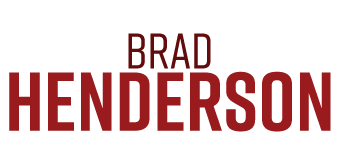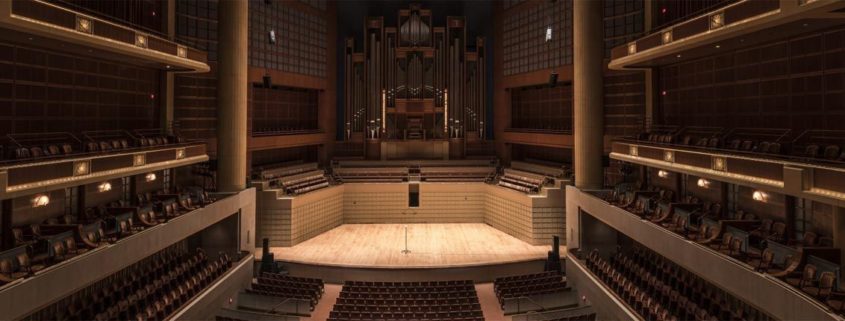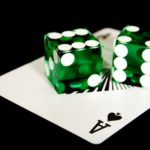Choosing the Best Magic Show for Your Event
Dallas magician offers insider tips to having the best magic show at your next event.
Last time, we began to discuss how to hire the best magician for your event. Today, we’ll focus on how to choose the best magic show for your event.
Many people tend to lump all magicians into a homogenous group and assume that all magicians do the same tricks in the same way. Likewise, many people (including professional event planners) often assume that there are only one or two ways that magic can be employed at an event: an after dinner magic show or a strolling magician. While both of these approaches to magic can enhance an event when applied tastefully and creatively, there are hundreds of different approaches to magic and at least an equal number of formats in which that magic can be shared with an audience.
Tip: Not all magic shows are the same
The standard magic show is a theatrical style production. These productions generally require the fixed attention of the audience. Everything stops for a prescribed amount of time, and the performer becomes the center stage attraction. These types of shows are ideal for after-dinner events or as interstitial moments during a series of presentations. For these events, Brad has designed an experience that’s perfect for small groups of 12-20: the Soirée. It’s is the most intimate magic show you could ever experience—all the amazement of a stage show, but created especially with and for you.
Knowing the personality of your group and your needs as the event planner are the keys to picking the best magic show type for your event. Are your guests looking to be engaged and transported? If so, someone whose performances are bit more intellectual and mysterious might be in order. But, if they are seeing the show at the end of a long day of meetings, comedy magic or visual illusions may better fit the bill. Are you looking to have a shared experience where the participants are put in the limelight? Or do you just need a pleasant diversion for 20 minutes? There are performers who specialize in delivering each of these different types of experiences.
Sometimes the venue will influence your choice of performer. Will your stage accommodate a team of assistants and professional lighting? If so, an illusionist might be in order. If not, a mind reader could be ideal. For any of event to be successful, the audience should be comfortable and easily able to enjoy the presentation. Stage productions need competent lighting and sound. If the audience cannot see and hear easily and without distraction, the production is doomed to fail. Likewise, asking the stage magician (or any interactive performer) to present their show while other activities compete for attention is wasting their time and your money. Unlike music, magic requires the active attention of the audience. Without that, you may as well forego the show.
One can also present magic as “atmospheric entertainment.” In this format, the performer creates smaller, more intimate experiences in a space appropriate for their interactions. This can manifest as strolling magic, where the magician walks around the venue engaging with small groups of guests as the opportunity arises, or “hospitality magic” where the magician sets up at a table and the guests come and go as they please. The strolling magician generally performs one or two pieces for one or two people at a time; the hospitality magician presents a continuous show for crowds that build and ebb over time. These two styles can even be presented together with the magician strolling as an introduction and guests coming over later for a more intense experience.
As with any entertainment, the venue will often suggest which type of entertainment may be appropriate. Is the area well lit? If the people cannot see, the magic will not be impactful. How loud is it? Atmospheric entertainment should be positioned not only in a visible location so the crowds attract more participants but also in an area where conversational levels of volume are maintained. How many people are at the event? If only a few, the strolling magic almost instantly becomes a show with everyone watching. In that case, the Soirée would be a better alternative. If the crowd is very large, one might need a handful of magicians—some strolling and some stationed.
Perhaps the most interesting way to incorporate magic into an event is to do so immersively. Invitations to an event can literally change in the guest’s hands to reveal the location of the party. Hosts can appear magically onstage. Products and services can be presented with magical flair as esoteric concepts of value and craftsmanship, speed and accessibility; ideas can come to life in ways not possible in the mundane world. Brad Henderson has been the product spokesperson for numerous companies, creating presentations as diverse as magically debunking myths related to high tech medical devices to encapsulating an entirely new service structure for a major information services provider. He has even used his skills as a magician to make a video game come to life, thrusting the press into a real life alien invasion as part of a highly acclaimed release party for one of the industry’s most notable innovators.
In short, magic is an incredibly versatile resource for event planners which goes well beyond just a “magic show.” Your magician, if experienced, should be aware of the strengths and weaknesses inherent in each type of event and should offer advice on how to incorporate magic into your event in the manner which best achieves your goals. At Henderson Productions, we would much rather send a client to a different type of entertainer than sell them magic that is not ideal for their event.
Check back next week for the final secret to hiring a qualified and talented magician for your event. To discuss bringing Brad Henderson and his expertise to your upcoming event, call or write today.




Leave a Reply
Want to join the discussion?Feel free to contribute!